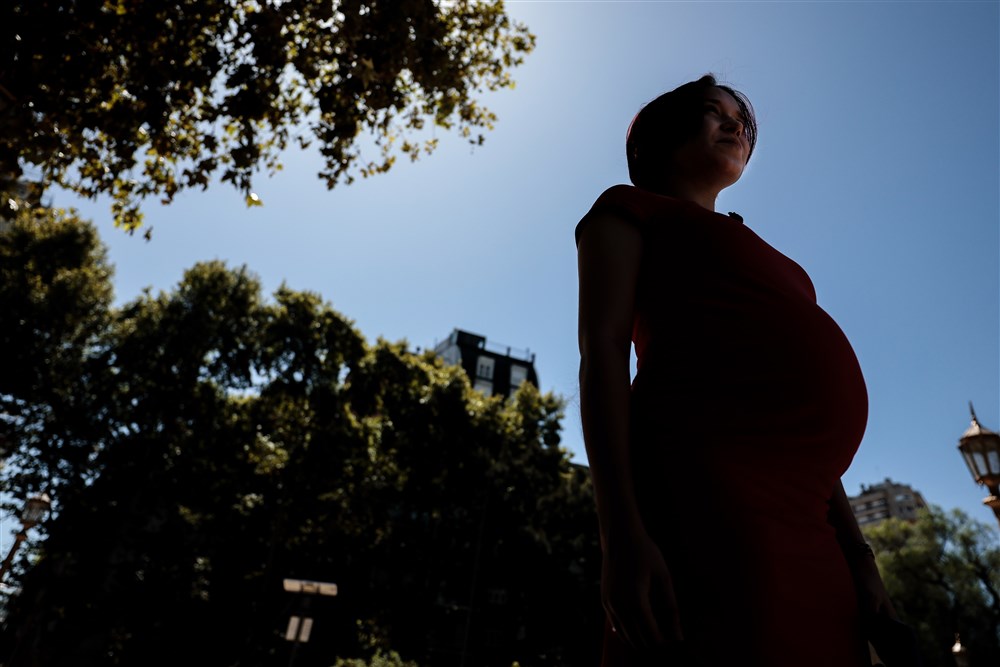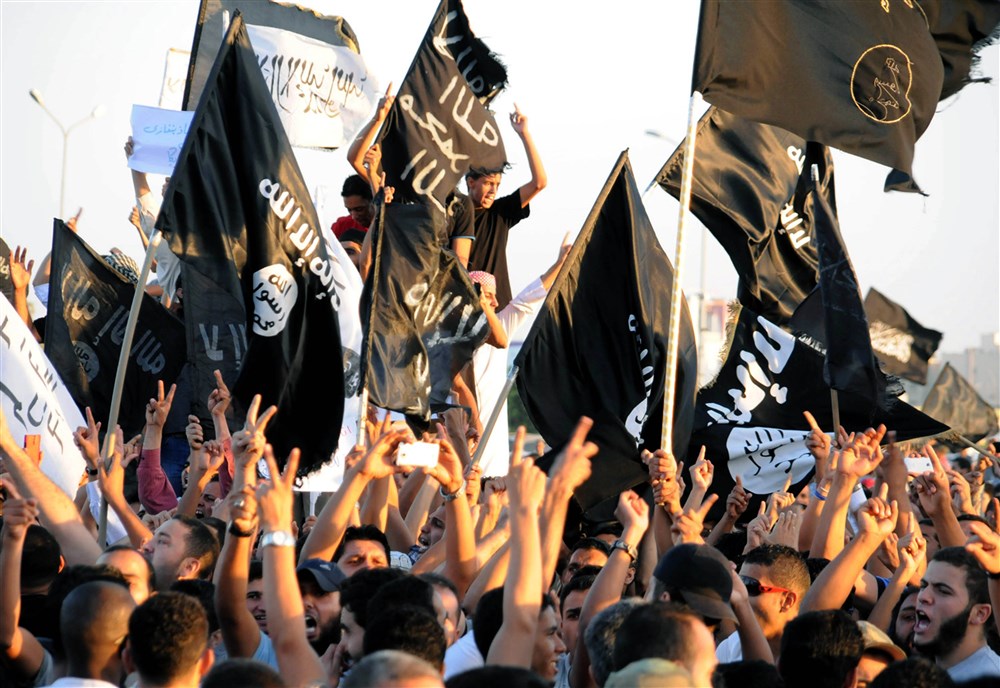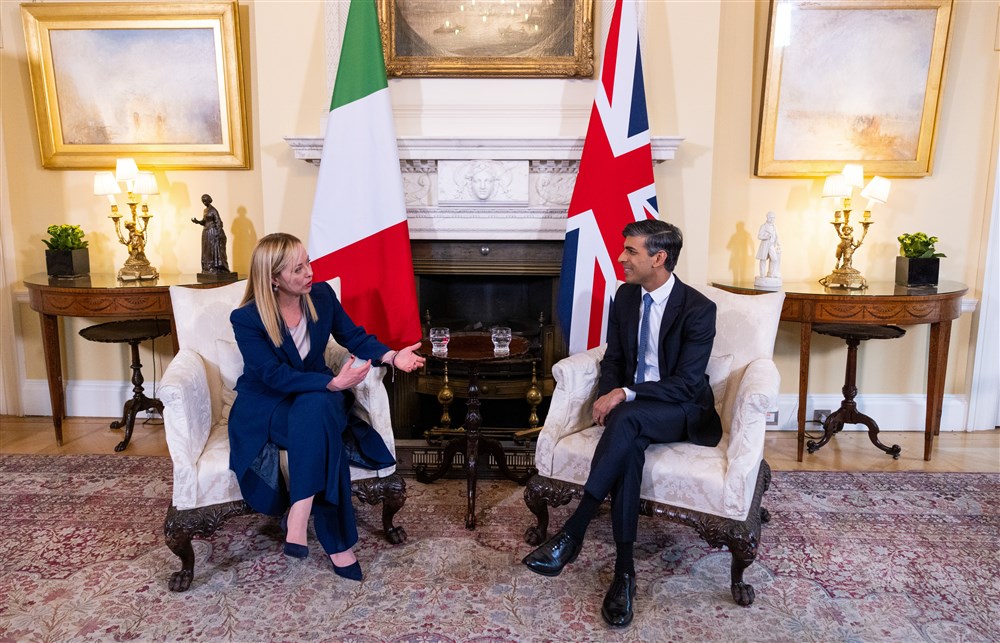At least 70 bodies have been recovered from the sea since April 21, according to the Tunisian coastguard in Sfax, as another wave of migrants attempts to reach European shores. More than 1,200 migrants were rescued by Italian authorities though 23 are missing after dozens of vessels attempted the crossing, according to media reports.
By April 23, up to 640 migrants had reached the small island of Lampedusa in the south of Italy, which has a capacity for 400 people. Italian authorities used military vessels and commercial ferries to attempt to transfer some of these to Sicily and mainland Italy. National coastguards, the European border protection agency Frontex, and a humanitarian aid organisation, were involved in the rescue operation.
Italian politicians say Italy is reaching a saturation point while suffering from high levels of unemployment and increasing public debt. There are few jobs and no benefits available to arriving migrants.
Despite this, migration continues to increase towards the heights seen during the 2016/ 2017 migrant crisis. Around 36,500 migrants have arrived in Italy since the start of the year, according to the country’s Interior Ministry: a four-fold increase on 2021 and 2022. With the subsiding of the Covid pandemic and the weather warming up, smugglers have reactivated their operations and many more migrants are attempting to cross.
Italy’s Prime Minister Giorgia Meloni was staunchly opposed to mass migration while her party was in opposition and during her campaign. She has since assuming power asked for a European solution to crackdown on both smugglers and NGO-operated vessels, so that migrants are prevented from departing. She has however faced resistance, in Brussels in particular, leading to an impasse.
Italian asylum centres only accept applications from migrants fleeing war and persecution. Poverty does not count as a valid criteria as it is relative. Many migrants pay thousands of dollars to smugglers, making their poverty claims questionable in the eyes of authorities.
EU accords state asylum-seekers in Italy do not have the right to move to another European country, so they often get stuck, draining public resources. Some attempt to reach more economically prosperous European countries illegally in a desperate search for jobs.
Meloni’s government has been criticised over her failure to address the migrant crisis from both the Italian Left and Right. The Left has criticised her policy’s “negligence” over deaths at sea, as well as controversial comments by her agriculture minister Francesco Lollobrigida, who recently said Italians must have “more children” and accept “fewer migrants”, in order to avoid “ethnic replacement”. The Right has said her promises of a naval blockade on the shores of Libya have failed to materialise and have not even been debated since she entered office, something the President of the Senate, Ignazio la Russia, recently lamented. The EU is yet to address the increasingly high rate of mass migration reaching Europe.





